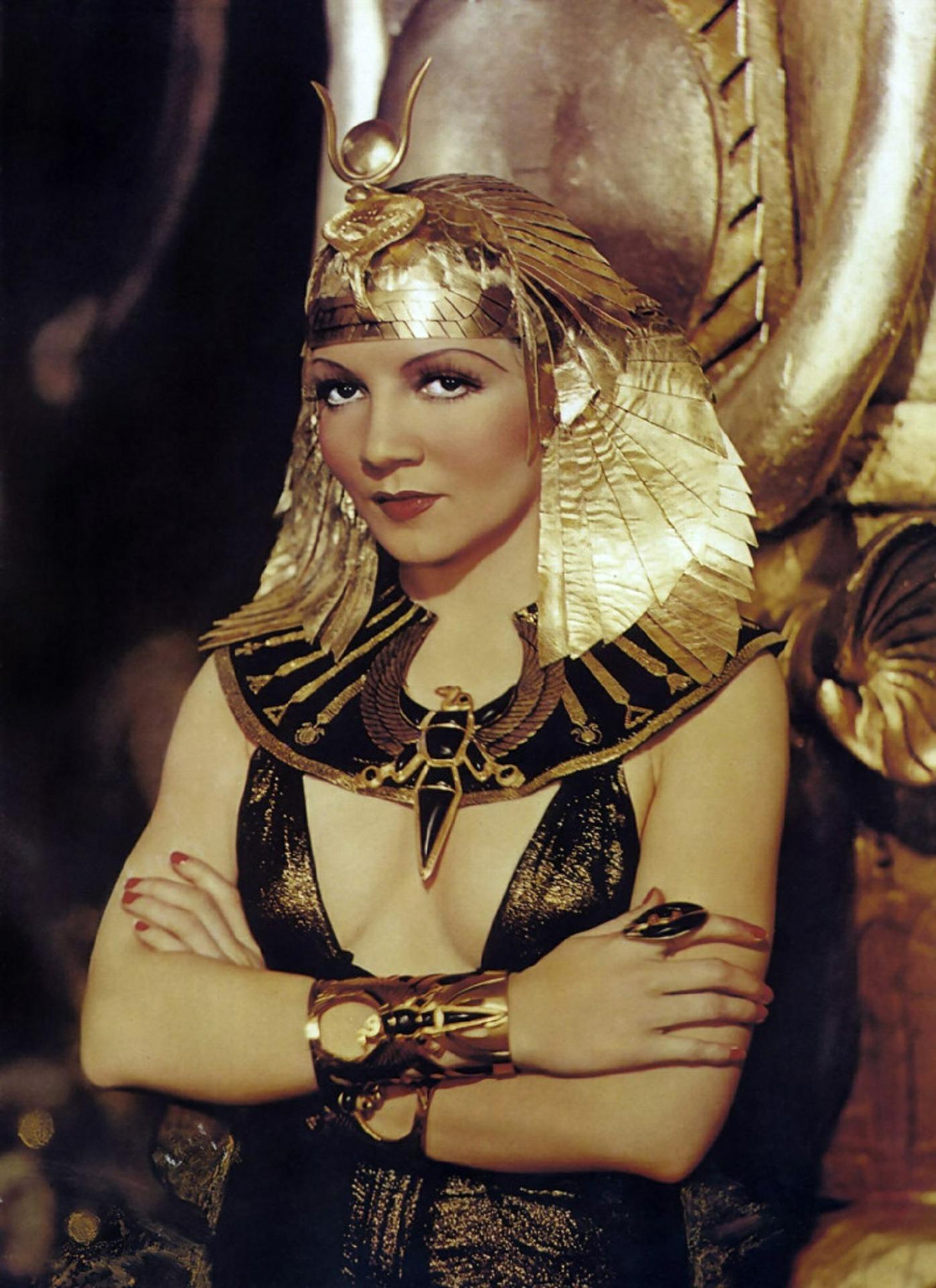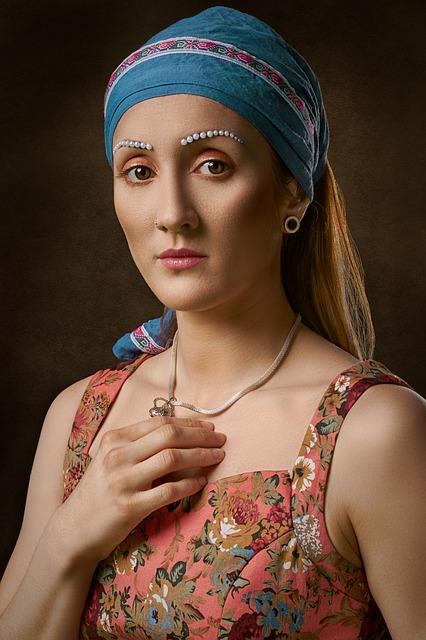Egyptian Women: History, Roles and Rights

Egyptian women and Egypt as a whole has always sparked a form of curiosity in the world. The whole world has heard of “Feminism” because the fight for the social, political and economic equality for women has been a long and hard one. So long that one begins to wonder when it will end. ‘Womanism‘ however is a different concept.
According to Wikipedia, it is a social theory based on the history and everyday experiences of black women. It seeks to restore balance between people(male and female) and the environment/nature and reconcile human life with the spiritual dimension.
For this article we’ll only take the juicy bits from this definition. Womanism is based on the history and everyday experiences of black women while seeking to restore balance between men and women.
We all know that where there is no balance there is or there will be chaos. Anything that separates women and men and gives them gender roles is chaotic. Although I might be partial to women because I am a woman but l believe that the individual should be given enough freedom in this already harsh world to become whatever he or she wants to be.
With the world evolving and people evolving with it, gender separations has gradually become blurred but sadly, the Patriarchal society still remains and is operating right on top of women. This Patriarchy is fed by habits that have become so old, they are glued to the fabric of our soul. It is also encouraged by religion.
Take a look at the Christian view of women in the creation story. The story goes like this: after God created man he discovered that he was lonely so he created a companion for him (imagine that, created for someone’s amusement). Then Adam saw her and named her Eve calling her “flesh of my flesh” and “bone of my bone”.
Islamic Sharia law limits women to certain gender roles. A woman is under the protection of the males in her life, her father and her husband, and they automatically run her affairs. Over the years women have been made to believe that things are better this way, with a man running the affairs and a woman ” helping out”.
It is human instinct to want to be appreciated and recognized, not just in the bedroom and within the four walls of a household but out there for everyone to see. Women are also human so they automatically possess this innate need.
Yet in the fight for women’s equality it is paramount that we all remember that things were not always this way. Even though women by virtue of their sex are automatically seen as minority, history records the woman as an individual who fights to become whatever she wants to be.
Most religions paint women as temptresses who lead men astray. They portray women as “weaker vessel” and necessary evil. Women all over the world have suffered because of the influence of these religious beliefs on the minds of men and the society at large. Women across centuries have thrust themselves out in the avowal of their disagreement with the status quo.
These heroines have fought to be allowed to wear trousers, vote and be voted for, marry who and when they like, pursue their education and get a desirable job. Till this day, women are still fighting for their rights to be seen, and heard. Their rights to run their affairs and occupy space. It is obvious that there is a drive inside every woman, a yearning to be more.
Don’t we all feel it sometimes? There is a Queen inside of each of us wanting to be heard and recognized. We feel it as we go about our daily lives. We notice it when we stare out of our windows. We feel we are special. We tilt our heads regally and wonder where we learnt to do that.
Do you know we owe our royal instincts to our ancestors? Black women, White women, women of every color, shape and size. Women who knew that they weren’t permitted to feel small, knew when to speak and when to act. Some of these ancestors came from powerful dynasties that ruled the world. One of these was the Egyptian Dynasty.

As we all know, empires have fallen and new empires have been built from the rubble. Yet of all these empires none fell as soundlessly as the one where a woman’s place was as goddess and ruler as opposed to our place in modern society. Today we all stare at the rubble together. Some of us attempt to build from it, others have resigned and grown comfortable with their fate.
When a woman fights for the freedom to be who she wants to be, look at the way she wants to look and eat as she likes, it is not a strange need. Millions of women centuries before she was born have fought similar fights and come out victorious. Here, we will juxtapose the life of ancient women in Africa with the lives of women in Africa now using Egypt as a case study.
In ancient times the role of women in Egypt was different from what it is now. Women as goddesses represented aspects of the peoples natural or supernatural realities or they were oracles who were deeply connected to the spiritual world and by virtue of that commanded immense respect equal or almost equal with what was accorded to men. Few women can boast of having this kind of regard now. Our women have walked so long behind men they have forgotten it is okay to walk beside or overtake him.
As shocking as it is, it is true that women have never had as much power over their affairs as they did in these ancient times. Since the cultural values of the Egyptians centered around the concept of balance, the gender roles observed in ancient Egypt reflected this desire for balance in their everyday lives, religion and government.
In Ancient Egypt a woman possessed the same legal powers as a man. She could buy, sell and own property without having to get permission from any man. She could also adopt children for herself and be an executor of wills.
A woman’s rights were dependent on her social class and not her sex. In present day Nigeria for example, a woman who decides to take care of her affairs alone and not marry is considered an immoral woman of bad character who is either too lascivious or too hot headed to stay under the authority of a man.
I knew a very wealthy woman once who lived in my neighborhood. She had declared her intention to remain single to the world. Then she adopted two children, a boy and a girl. Though she was successful, all our mothers warned us not to be like her. Decent and God fearing women that they were, this woman was seen as living a “wayward” life.
Egyptian Goddesses

Egyptian goddesses were inspiring because they were powerful. The breadth of their power inspired Egyptian women to strive to acquire and retain such power. Some of the more important goddesses were:
NUT
Nut was the mother of Osiris, Isis, Seth, and Nephthys, Nut is usually shown in human form; her elongated body symbolizing the sky. Each limb represents a cardinal point as her body stretches over the earth. Nut swallowed the setting sun (Ra) each evening and gave birth to him each morning. She is often depicted on the ceilings of tombs, on the inside lid of coffins, and on the ceilings of temples.
NEPHTHYS
She was the mother of Anubis Protector of the Dead
BASTET
Bastet is depicted as a woman with a cat’s head or simply as a cat. Originally an avenging lioness deity, she evolved into a goddess of pleasure.
HATHOR
Hathor was the daughter of Ra and the patron goddess of women, love, beauty, pleasure, and music. She is depicted in three forms; as a cow, as a woman with the ears of a cow, and as a woman wearing the headdress of a cow’s horns.
ISIS
A very important figure in the ancient world, Isis was the wife of Osiris and mother of Horus. She was associated with funeral rites and said to have made the first mummy from the dismembered parts of Osiris. As the enchantress who resurrected Osiris and gave birth to Horus, she was also the giver of life, a healer and protector of kings.
MA’AT.
Ma’at was the goddess of truth and justice, she represented the essential harmony of the universe. Her power regulated the seasons and the movement of the stars. Ma’at was the patron of justice and the symbol of ancient Egyptian ethics, so the Vizier who was in charge of the Law Courts went by the title Priest of Maat.
MUT.
Mut formed part of the Theban Triad. She was one of the daughters of Ra, the wife of Amun, and mother of Khonsu. She was the Vulture goddess and is often depicted as a woman with a long, brightly colored dress and a vulture headdress surmounted by the double crown. In her more aggressive aspect she is shown as a lion-headed goddess.
TEFNUT
Tefnut was the wife of Shu and mother of Nut and Geb. She and her husband were the first gods created by Atum. She was the goddess of moisture or damp, corrosive air, and was depicted as a lioness or as a woman with a lioness’s head.
Cultural, Political and Economic Rights of the Egyptian Women
Ancient Egyptian women enjoyed what we should call rights but what the Patriarchal society might call privileges. In every area of their life they had a great amount of control that contrasts deeply with what we have now. Some of those areas were:
Egyptian Women Religion and Belief Systems
In religion, Ancient Egyptian women were not standing at the sidelines. They worked as priests in temples. Their powers increased as they grew in rank until they had the same power as that of kings. One of these religious positions was that of the God wife of Amun. High priestesses held the same powers as High priests creating a kind of balance.This was made possible because the people served both male and female gods.
It is important to note that with the advent of Christianity, women have been relegated to the background. It is partly because parts of the Bible have been read and understood literally. Women pastors are frowned at because the Bible admonishes that a woman should be seen and not heard.
Even female clergy who are brave enough to own churches do so under the auspices of their husbands. “Woman submit to your husband” this quote from the Bible has been abused by many. Many women are suffering because of that quote running from the mouth of the society into our collective heads.
In every society, the legends and myths shapes the beliefs and general disposition of the people. The legend and myths of Ancient Egypt showed women as some of the earliest and more important gods thus emphasizing the value of femininity. In a popular creation myth, the god Atum lights upon the primordial mound in the middle of swirling chaos and begins creating the world.
In another version, however, it is the goddess Neith who begins creation. In present day Africa, civilization has made us forget our old beliefs and practices, our myths and legends are now seen as heathen and diabolical. Some of those that remain display men as heroes and women at the fringes of society. Still, there are many exceptions.
Egyptian Women Sex and Marriage

Ancient Egyptian women could marry and divorce when they wanted. In 365 B.C, a new marriage contract was created to protect women from divorce. If a man initiated divorce he was to pay fines till his ex-wife got married again. This is so unlike in our present day society where divorced women and single mothers suffer from severe stigma. A man is seen as a “crown” on the head of his wife and any divorced woman is therefore crownless and less deserving of respect.
When a woman was divorced or when her husband died, a woman could take control of the home and run it as she pleased. The children of the marriage always went to the mother unless she had no home or family of her own. Their ability to hold certain jobs was limited but they were allowed to travel as they pleased. They could also own slaves who they would later rent out for work.
Egyptian Women and The Economy
In ancient Egypt women held considerable power over household and state affairs. This was possible because Egyptian goddesses were very powerful and important. Egyptian royal women became Pharaohs and also because Egyptian Queens and Queen Mothers acted as advisors to their husbands and sons.
In present day Africa, women hold positions of power in political offices but we are yet to be ruled by a Female president.
Ancient Egyptian women were also free to pursue their education and career as far as they wanted. A woman could become a scribe, a priest and even a physician. Nowadays, a lot of women have abandoned their jobs and careers because their husband said they should.
A woman would spend years struggling for a college degree only to marry and become a housewife. We all know how important it is to have economic power. A woman without a means to survive is taught to lick the floor for crumbs. What is the fate of the African woman who abandons her education and career to sit at home and take care of her family?
Egyptian Women and Politics
The Queens in Ancient Egypt were great queens who later became great Pharaohs. They disregarded the tradition of male succession, making sure they were crowned as rulers. These are some Egyptian queens who gained world renown:
- Queen Merneith (c. 3000 BCE) ruled as regent for her son Den.
- Queen Sobeknefru (c. 1807-1802 BCE) took the throne during the Middle Kingdom of Egypt and reigned over Egypt.
- Hatshepsut of the 18th Dynasty had herself crowned pharaoh and is till today considered one of the most powerful women of the ancient world one of the greatest pharaohs of Egypt.
- Nebet who became vizier (the highest status only second to the king) at in the Sixth Dynasty.
- Cleopatra VII (69 BCE to 30 BCE) was famous for her beauty and her relationships with Julius Caesar and Marc Antony.
Apart from Egyptian Queens, there are other great women with recorded exploits throughout history. Some of them are:
- Queen Amina of Zaria
- Candace – The Empress of Ethiopia
- Makeda – The Queen of Sheba
- Yaa Asantewa of the Ashanti kingdom, Ghana
The average downtrodden African woman does not trust her abilities and her strengths. Yet she dreams of having power and making men “see” her and pay for all the years when they saw and treated her as less. This attitude of suppressed anger creates such unhappiness in the African woman that she becomes a pitiful creature. It is this injustice to ourselves that limits us. Why not make up your mind to break free from social conventions? These great women don’t they inspire you?
They were no more divine than you and me are, they were just ordinary women who decided to be more. Decide to be More.
**pixabay license provides for free commercial use and no attribution is required.
She's a beauty and an exquisite lady who enjoys the high life in writing and poetry. Her writing style and prowess is innovative and focuses on the feminine perspective, bringing nothing but wholesome gratification to the African, Afrocentric and Afro-American women at large

